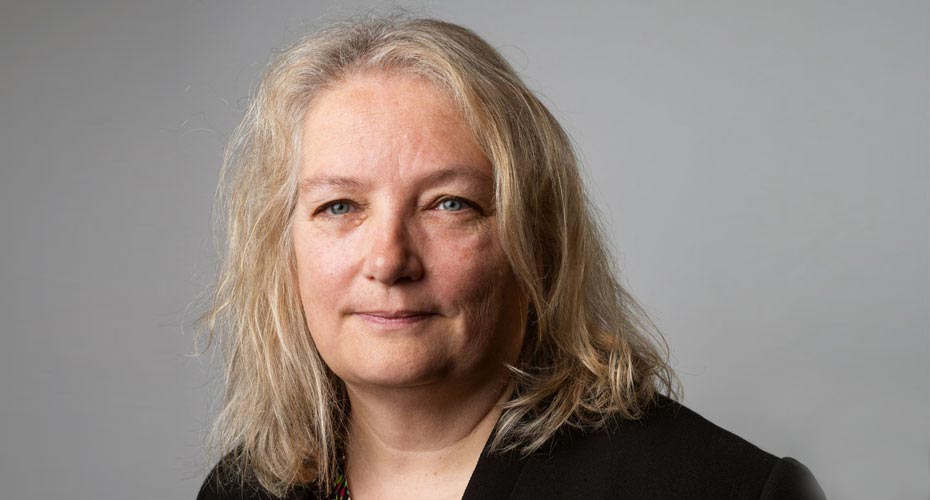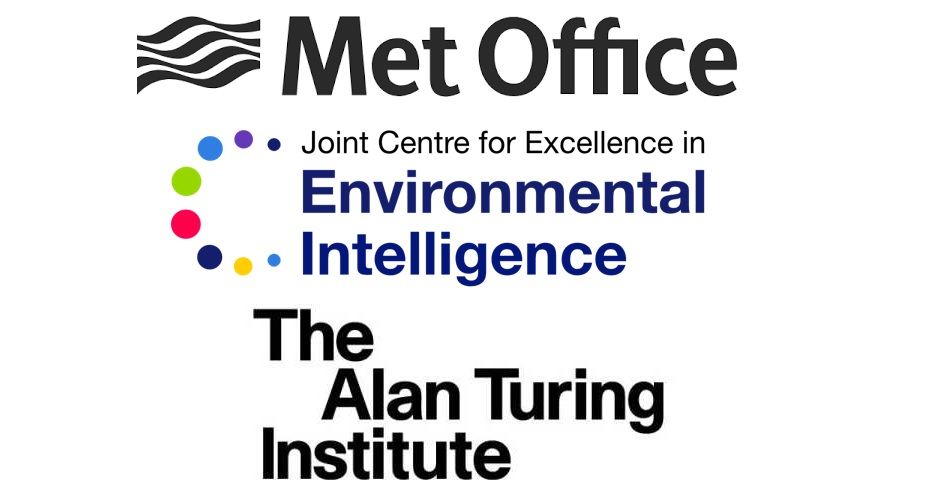Accelerating Data Science and Artificial Intelligence (ADA)
![]()
£25million investment in research
![]()
Growing student numbers
Project ADA has been running since 2023 and has invested in teaching, research and infrastructure. If you would like to access some of this to move forward your department or research then please take a look at the capabilities now available.
Get involved>>
The University of Exeter is excited to announce £50M investment in the development of its Data Science and Artificial Intelligence (AI) capabilities.
We aim to become a powerhouse for cross-disciplinary Data Science and AI, attracting new leading academics to work with us, providing collaboration opportunities with industrial partners and developing a strong community of students, equipped to be the next generation of experts in this field.
Building on the success of the University of Exeter's Institute for Data Science and Artificial Intelligence (IDSAI) we plan to rapidly accelerate our capability in Data Science and AI education and research, alongside further developing the strengths in our Computer Science department to enable wide engagement with Data Science and AI across the whole of the University and beyond.
The investment, over five years will include the appointment of many new academic posts, including three strategic leadership appointments. The first six appointments have already started with a further ten appointments starting in January 2024.
We will focus on growth in six areas of strategic priority:
- Environmental Intelligence
- Core Mathematics of Artificial Intelligence
- Core Machine Learning
- Data Centric Engineering
- Advanced Applications across Computer Vision, AI and Health
- Software Engineering
We will further extend our research strengths in climate, environment, sustainability and health, which are underpinned by work on the philosophy of AI and the extent to which conceptual and ethical assumptions are built into algorithms.
Building on the strength of our existing strategic partnerships, such as our work with the Met Office and the Alan Turing Institute, we will broaden our partnerships to further extend the impact of our world-leading research.
We will significantly grow our postgraduate portfolio of programmes to attract the very best students to study with us and become part of a growing community of enthusiastic and curious data scientists, equipped to face future challenges.
If you’d like to find out more about the exciting opportunities this investment will offer, please contact Steph Selway, Project ADA Programme Manager.
For governance and membership information, please visit our webpage.
Current job vacancies
We will update this webpage with our new vacancies as soon as our next round of recruitment is available.
You can find out more about our Education and Scholarship pathways on our information page.
"I’m delighted to announce the commencement of Project ADA- Accelerating Data Science and AI. As part of this project the University of Exeter is committing over £25m in the next five years to strengthen our AI and Data Science capabilities and ensure we are equipped to face the challenges and opportunities this new field has to offer."
"Phase 1 of the project has already begun, with an exciting recruitment campaign for computer scientists, mathematicians and data scientists. As we enter Phase 2 we are drawing on the expertise of colleagues across the University to explore areas for new curriculum development and ensure students across our University develop the skills they need to thrive in the future workplace."
Read more from Professor Dan Charman
Professor Dan Charman
University of Exeter Provost
Faculty of Environment, Science and Economy

Professor Alex Gerbasi
Pro-Vice Chancellor and Executive Dean for the Faculty of Environment, Science and Economy
"I’m delighted to announce the commencement of Project ADA- Accelerating Data Science and AI. As part of this project the University of Exeter is committing over £25m in the next five years to strengthen our AI and Data Science capabilities and ensure we are equipped to face the challenges and opportunities this new field has to offer. Phase 1 of the project has already begun, with an exciting recruitment campaign for computer scientists, mathematicians and data scientists. As we enter Phase 2 we are drawing on the expertise of colleagues across the University to explore areas for new curriculum development and ensure students across our University develop the skills they need to thrive in the future workplace."
Faculty of Health and Life Sciences

Professor Sallie Lamb
Pro-Vice-Chancellor and Executive Dean for the Faculty of Health and Life Sciences
"AI presents an incredible opportunity for researchers in HLS to advance our work to build a healthier future. We’re excited to see new avenues of dialogue between both STEMM and HASS disciplines as we capitalise on the technology while weighing up the ethical implications. We’re keen to ensure that our students are taught by staff at the forefront of this growing intersection to equip them with the skills they will need to practice in future laboratories and clinical environments. The project represents a great opportunity to use the expertise we already have in HLS and build new skills in this emerging field."
Faculty of Humanities, Arts and Social Sciences

Professor Gareth Stansfield
Pro-Vice-Chancellor and Executive Dean for the Faculty of Humanities, Arts and Social Sciences
"HASS’ disciplines are core to the ADA strategy and are a core pillar as the project develops into Phase 2. The developments in AI present new opportunities for HASS researchers to use their skills to build greater social equality towards a more just future. Our staff are well placed to develop new programmes in this developing field which poses new questions for leaders while drawing on some of the most fundamental ethical principles that have intrigued philosophers for centuries. We are excited to see the potential of this new technology and how this could further Arts, Social Science and Language research and pedagogy into the next stage."









